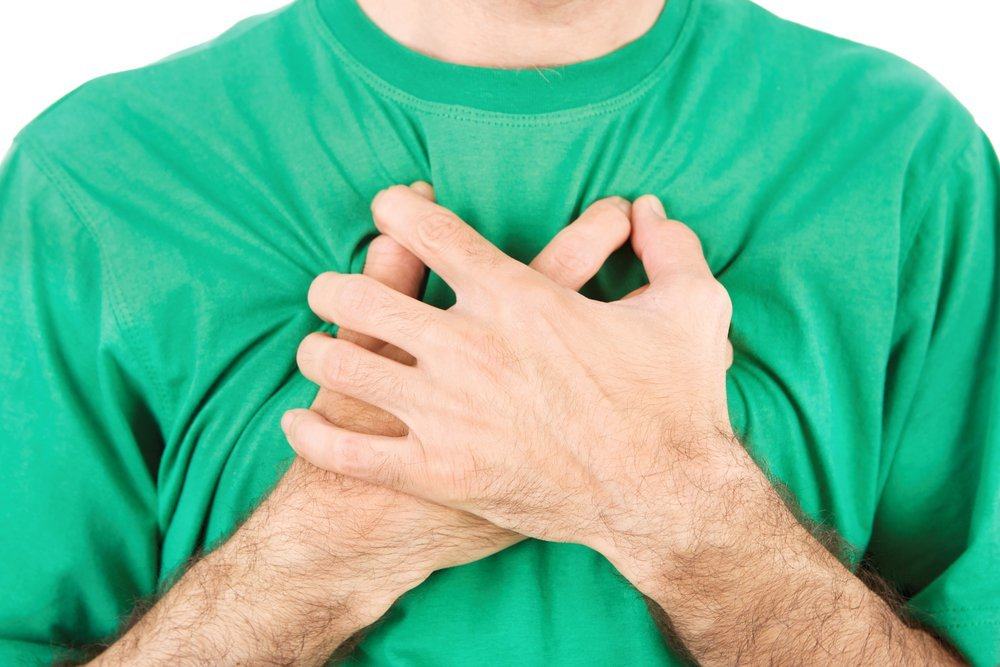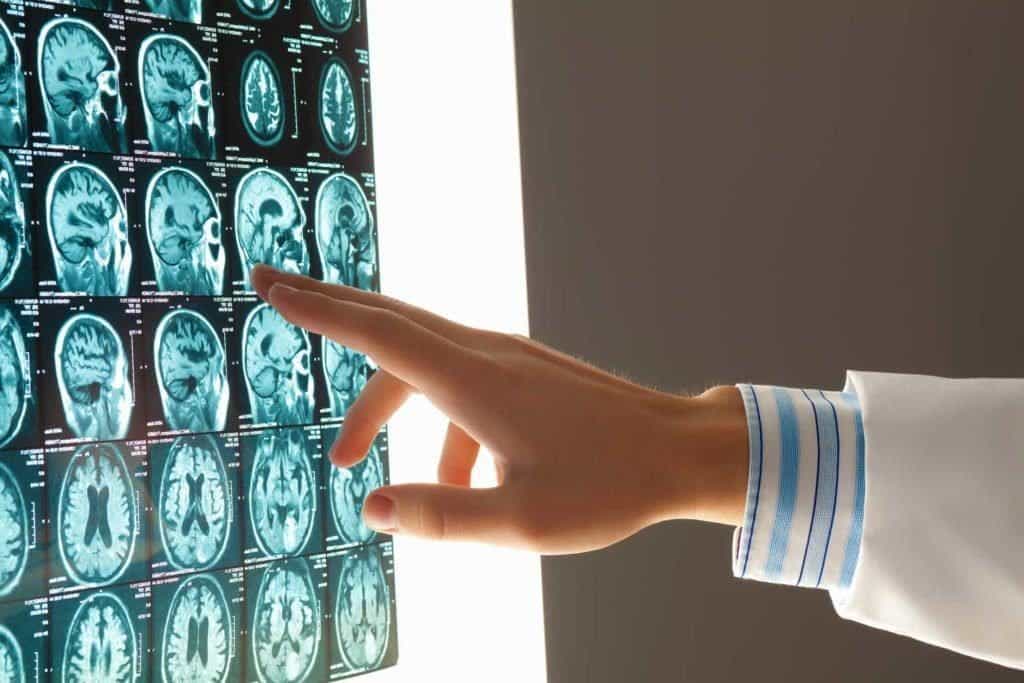Contents:
- Medical Video: Lung Cancer in Women
- The most common symptoms of lung cancer
- Symptoms that arise if lung cancer has spread
Medical Video: Lung Cancer in Women
Among all types of cancer, lung cancer is the highest cause of death because the symptoms are similar to other medical conditions and are not often ignored. Lung cancer generally does not cause pain so many patients do not get an early diagnosis, so the cancer has already spread and is too late to be treated.
In the early stages, symptoms of lung cancer usually do not appear clearly, making it difficult to diagnose lung cancer early. Therefore, it is important to recognize the symptoms of lung cancer so that the treatment can be better and more effective.
The most common symptoms of lung cancer
If you have lung cancer, you may experience symptoms such as the following:
- Feel tired or weak. This condition is a common symptom of lung cancer.
- Chronic cough. Cough that doesn't go away and even worsens can be a sign of lung cancer. Check with your doctor immediately, especially if you have coughing up blood, mucus, or phlegm.
- Coughing up blood or coughing up brownish mucus.
- Chest pain that gets worse when coughing, laughing, or taking deep breaths.
- Voice changes due to inflammation in vocal chords or nerve problems.
- Weight loss due to loss of appetite if the tumor presses on the esophagus (connecting tube of the mouth and stomach).
- Shortness of breath or shortness of breath. This can be caused by the presence of fluids or tumors that suppress the lung.
- Lung infections, such as bronchitis and pneumonia, which continue to reappear.
- Wheezing caused by obstruction of the limited airways due to tumors.
- A fever that is a sign of a problem in your body.
- Lumps near the body surface, because the cancer spreads to the skin or to the lymph nodes (a collection of immune system cells), such as in the neck or above the collarbone.
Symptoms that arise if lung cancer has spread
If it has spread to the surrounding organs, lung cancer can cause:
- Bone pain (such as pain in the back or hip).
- Nervous system changes (such as weakness or numbness of the hands or feet, headaches, dizziness, dizziness, or seizures) if the cancer spreads to the brain or spinal cord.
- Eyes and skin turn yellow (jaundice) if the cancer spreads to the liver.
- Hands or feet feel weak or numb
- Blood clots.
Symptoms of lung cancer generally depend on where the cancer is located. For example, if the cancer tumor is in the middle chest, the symptoms that appear are coughing and shortness of breath. Because the tumor can suppress the airways or major blood vessels. Bacteria and secretions from the lungs can accumulate in the blocked airways causing pneumonia. If a cancerous tumor occurs on the outside of the lung, you will feel pain because the area is related to the nerve endings. The heart and center of the lung do not have nerve endings so that lung cancer tumors in this area are often difficult to detect.
READ ALSO:
- Overcoming Shortness of Breath Due to Lung Cancer
- I Don't Smoke, How Can You Get Lung Cancer?
- 4 Breathing Techniques for People with Lung Cancer












